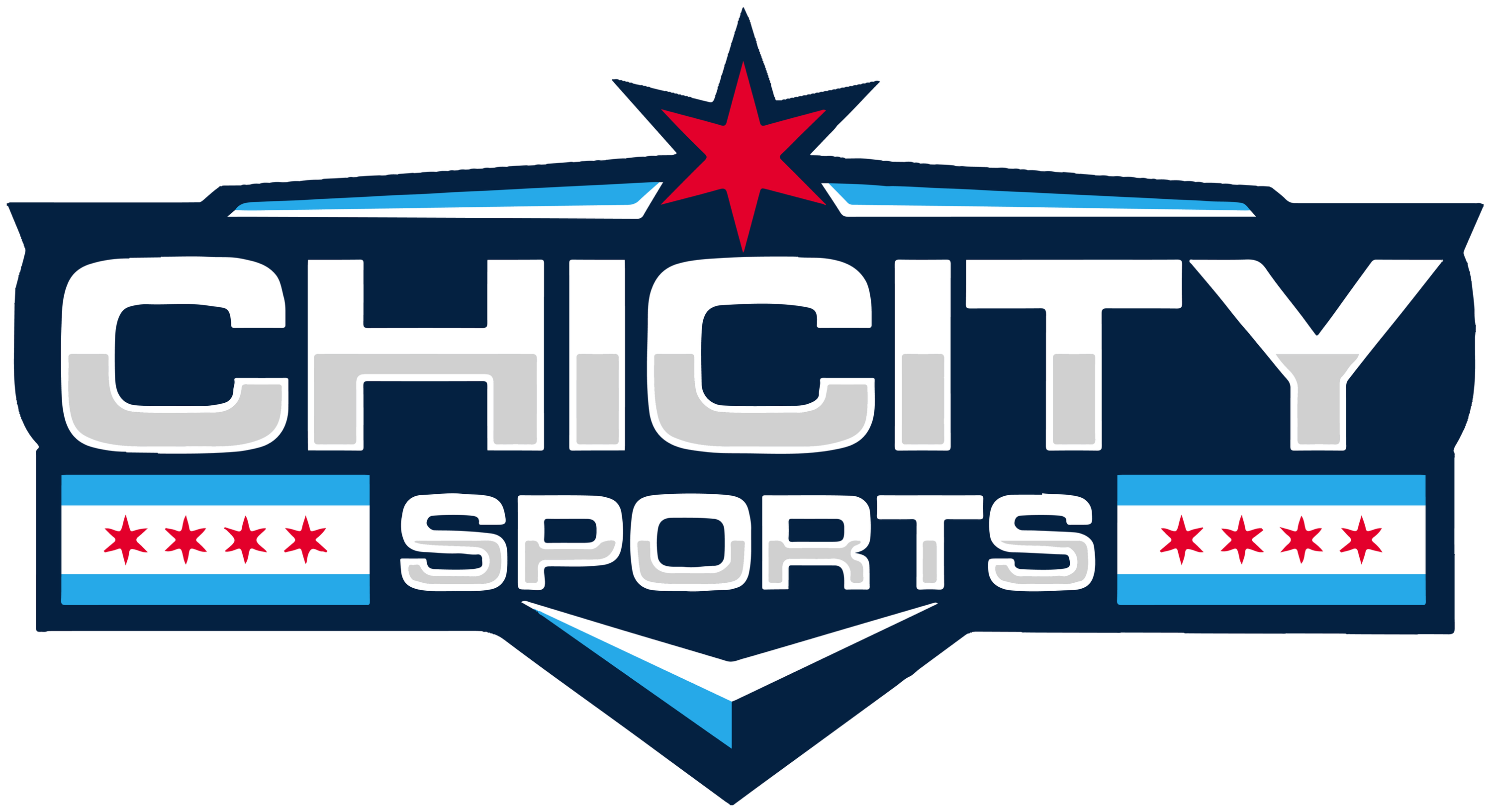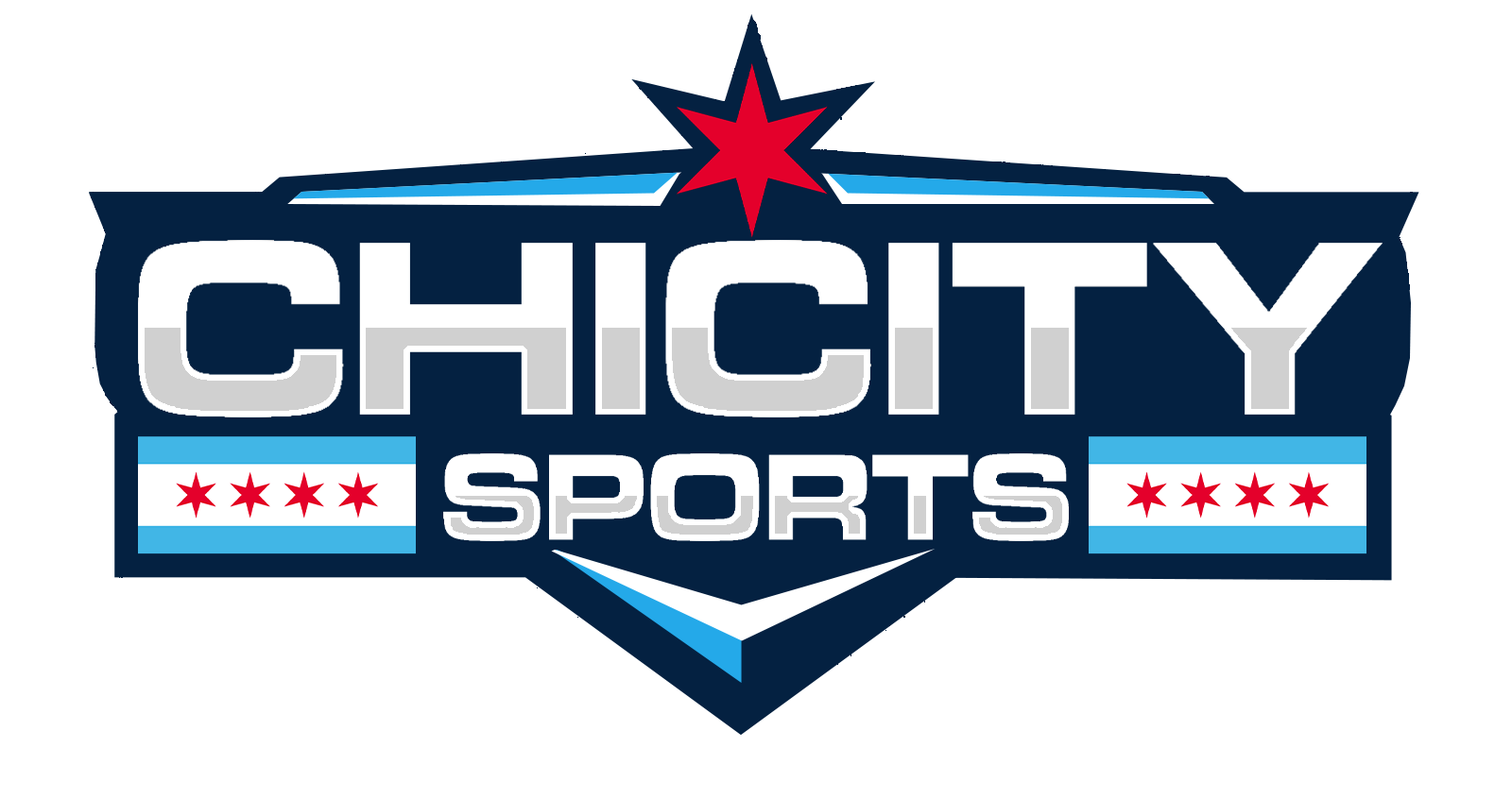Hawks fans are spoiled this season, and they’re not used to seeing the Madhouse Gang lose. So it may seem natural for many to have the first instinct to panic after Chicago dropped two Conference Semifinal games in a row to Detroit, the franchises’ storied rival of 86 years. But before Hawks fans rip their hair out and start watching baseball, let’s take a look at what is really going on with the Madhouse Gang.
After a blistering start to the season, becoming the first team ever to register a point in each of the first 24 regular season games, Chicago soared to the top of the NHL in nearly every category. Perhaps most impressive, both of Chicago’s goaltenders spent time ranked in the top five in the league simultaneously. Crawford threw out some impressive numbers including several shutouts and Emery stacked a spectacular 17 – 1 – 0 season record.
They were so good, however, that a goaltender dilemma arose for Head Coach Joel Quenneville as the postseason approached – it’s tough to choose a primary postseason goaltender with such competitive statistics – but Emery experienced a lower body injury and Crawford got the nod. He was fantastic in the Quarterfinals, allowing only 7 goals in the first 5 games and contributing to Minnesota’s elimination.
The Patricks – Sharp and Kane – were phenomenal in the Quarterfinals. Sharp returned after missing the second half of the season to score 6 points (5G, 1A) in 5 games and devastate the Wild into submission. Kane, meanwhile, failed to record a goal but directly contributed to 5 goals in 5 games. His ability to see opportunities across the ice and get the puck right on his teammate’s stick is unmatched in the NHL.
And Chicago’s defense was incredible, breaking up a tough – and physical – Minnesota offense before much momentum could be grabbed. After the first series, only one player on the entire roster had a negative plus/minus rating – Nick Leddy at minus 1. And that number is negligible considering Leddy’s puck-carrying ability.
So, wait a minute – what happened in this second series?
Well, Detroit came out of the gate hard. But we knew they would. They just came off a thrilling seven-game series against Anaheim after barely sliding into the playoffs in the first place. Detroit is riding high on adrenaline and emotion – both important factors in the postseason.
Chicago, on the other hand, secured a postseason spot weeks before and locked up multiple awards along the way (President’s Trophy, Jennings Trophy, to name a few). Everyone expected Chicago to roll over the Wild with ease – and that’s pretty much what happened. Soon after, most experts called Chicago to take Detroit to the hole as well – with considerable ease.
… So you’re saying that the Hawks got too relaxed going into the second series?
In a roundabout way, yes. The Hawks have only had a handful (literally, you can count them on one hand) of games that have left the team feeling frustrated. The first of which was Chicago’s first loss to the Colorado Avalanche. In that game, the Hawks struggled to pass the puck cleanly and clear the defensive zone effectively. Too many turnovers created too many chances for Colorado, which resulted in the first loss of the season. This trend was present in all of Chicago’s losses this season, and even in some of the closer games that went to OT/shootout. And now it rears it’s ugly head against Detroit.
The Red Wing’s forecheck is formidable, to say the least. Zetterburg, Datsyuk, Brunner, Nyquist – all of them are skilled at putting pressure on the puck-carrier wherever he may be. And the defense of Kronwall, Quincy and company force Chicago to try and simply get the puck out of the zone, leading to errant passes and an abundance of turnovers.
Alright, we get it. How can the Hawks fix this and turn the series around?
Get back to the fundamentals. Passes need to be stick-to-stick every time. Passed need to be intentional, not lazy, get-to-the-bench flips. Get traffic in front of Jimmy Howard – screen him so well that he will have nightmares of red sweaters attacking him. And don’t be afraid to get physical with Detroit.
The Wings have a way of pushing opponents around when they have the puck and when they don’t have the puck. Andrew Shaw has stepped up to some big hits (some, albeit, resulted in penalties) and has made his presence known.
But hits are not what will save Chicago – it’s puck possession and a fast-paced game. Detroit had no time to rest between series, but Chicago did. In the middle of a grueling postseason schedule, players will get exhausted. Exhaustion can be exploited – so Chicago needs to do that.
Joel Quenneville is a great coach. He knows what his players need, when, and why. He demonstrates this with some rest days sprinkled here and there, when his team is especially tired out. Q also goes so far as to bench Viktor Stalberg for lack of production. Think he got the message?
He’ll juggle lines, bench players, call for a swift line change on-the-fly when he has to because he’s a good coach. He knows his opposing coach, Mike Babcock, is one of the best that hockey has ever seen. Q will keep his composure until he can use an emotional explosion to his advantage (rare as it might be). Be sure that he has some unkind words about some calls on the ice, but he knows how far that argument will get him. He’s good. And he’ll coach Chicago through this skid.
The Blackhawks will take care of themselves. But for you, the fans…
Relax. Don’t dwell on NBC skipping Jim Cornelison’s Anthem for a commercial break or the blown calls and cheap shots (can someone relay this message to Toews?). Those things don’t matter now – they’re done. Focus on the next game and look no further.
Oh, and be sure to get really loud when Game 5 comes back to Chicago. Really loud.
For More Great Chicago Sports Content
Get the latest Chicago sports news, analysis, and breaking stories on the Bears, Bulls, Blackhawks, Cubs, White Sox, Sky, and more! Tap the star to add us to your favorites on Google News, so you never miss a story on your favorite Chicago teams.
Follow us on Twitter at @chicitysports23 for more great content. We appreciate you taking time to read our articles. To interact more with our community and keep up to date on the latest in Chicago sports news, JOIN OUR FREE FACEBOOK GROUP by CLICKING HERE



